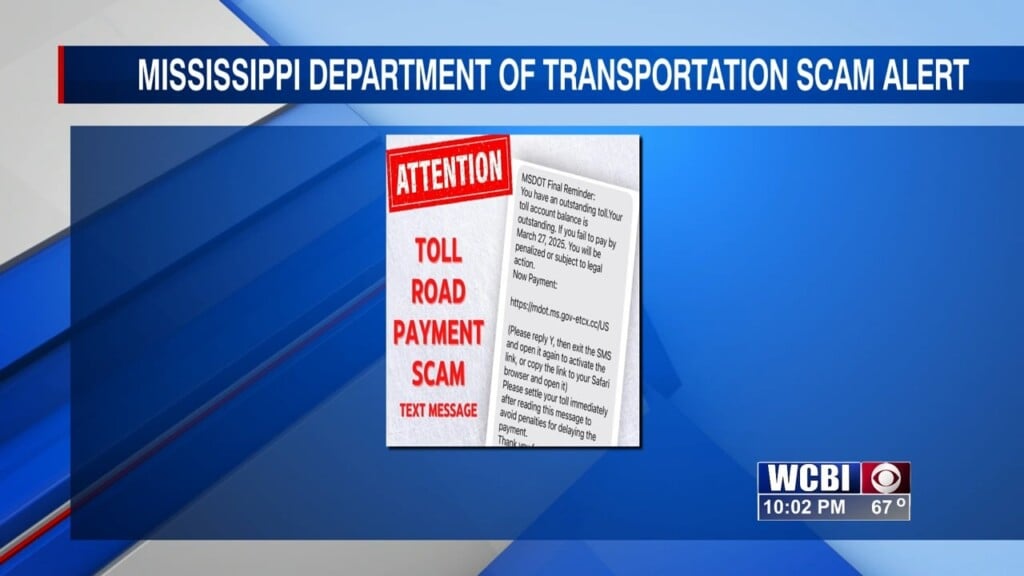How Louisville’s Taylor Machine Works is weathering global supply shortage
LOUISVILLE, Miss. (WCBI) – Stores and businesses across Mississippi and the United States are once again dealing with a shortage of products on their shelves and in their warehouses thanks to the pandemic.
The root cause is the disruption of supply chains all over the globe.
“They’re telling us they expect this to last through next year, through 2022,” says Scott Hollenhead, the supply chain manager for Taylor Machine Works. “So it looks like we’re kind of in for a bumpy ride still.”
That is what Hollenhead says their suppliers have told them regarding the ongoing product shortage and shipping disruptions.
The Louisville-based manufacturer of industrial lift trucks says their shipping times still have not gotten back to normal as they deal with the effects of material shortages and a lack of manpower for both cargo shipping and trucking.
“(We’ve seen) just in containers, shipping containers, price-wise a 260 percent increase since the first of January of 2021,” Hollenhead says. “That is actually just unheard of up to this point.”
The impact on the shipping industry has increased the need for products like their forklifts but Taylor Machine Works still has to wait for the parts to manufacture them.
“On the West Coast, they’re experiencing a lot of ships out there waiting to be unloaded,” Hollenhead says. “But then we’re waiting for the components to come through that same port.”
To combat that, Hollenhead says they have increased their inventory “because any component can shut you down.”
They have also maintained good relationships with their suppliers to negotiate for best pricing.
As well as finding alternate production methods.
“Our engineering team has been great working with us, trying to work out these issues of the supply chain shortages,” Hollenhead says. “(If) we can’t get this product in, and we have something close to it, can we use that?”
Hollenhead says it’s all part of their commitment to both their customers and the Winston County community, which relies on Taylor Machine’s economic engine to drive development.
“We do everything we can to make sure that we can stay viable and…keep this machine moving forward,” he says.




